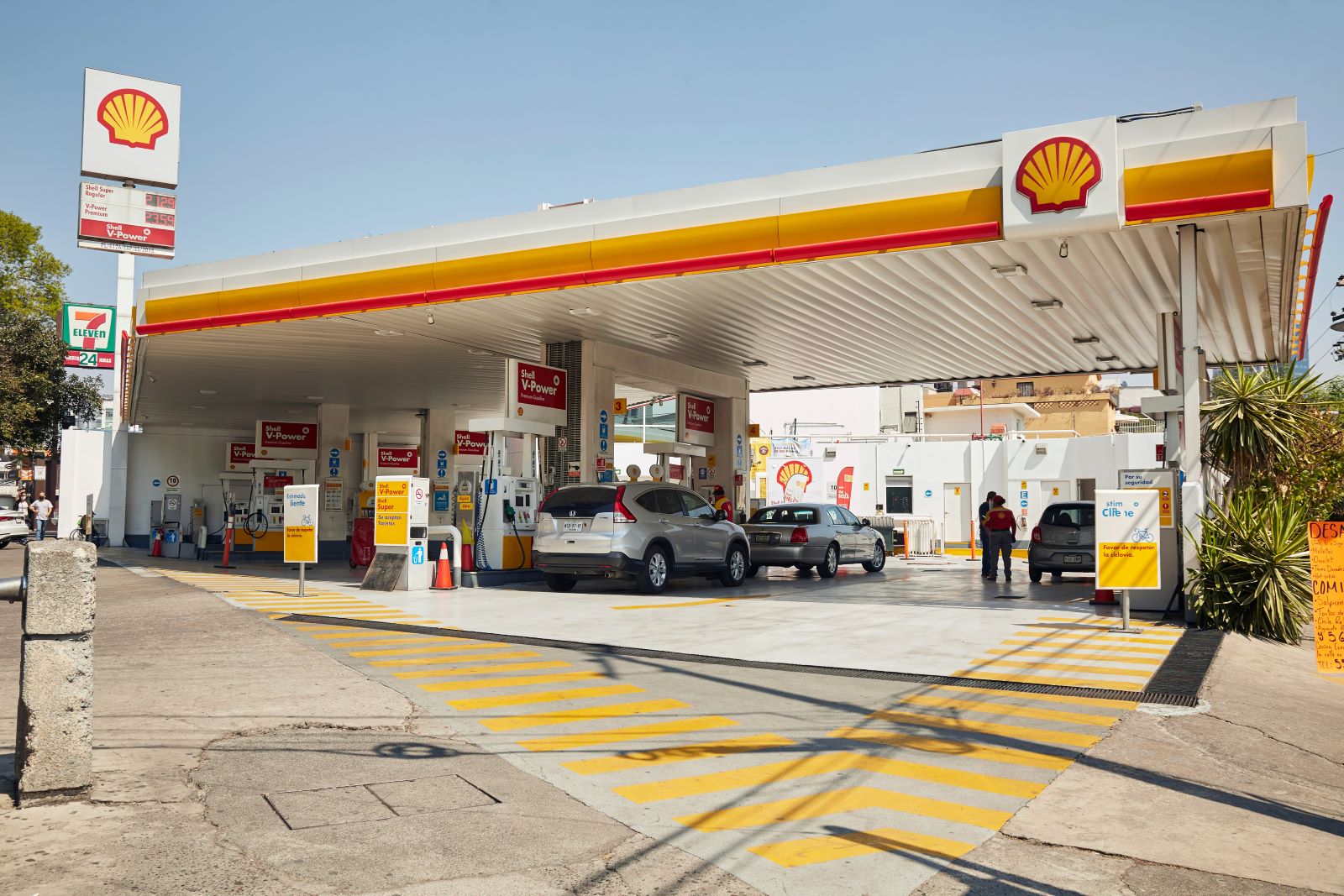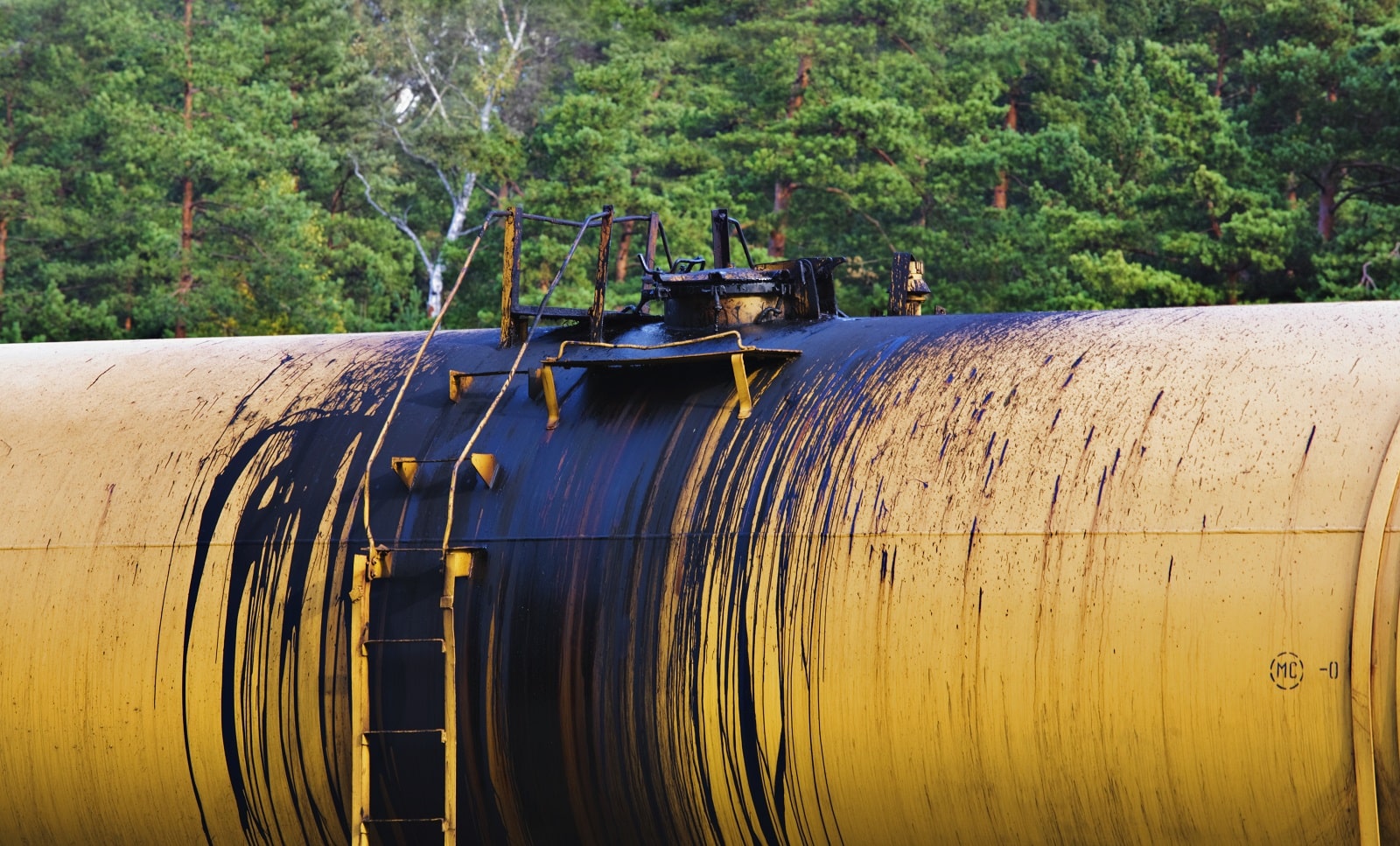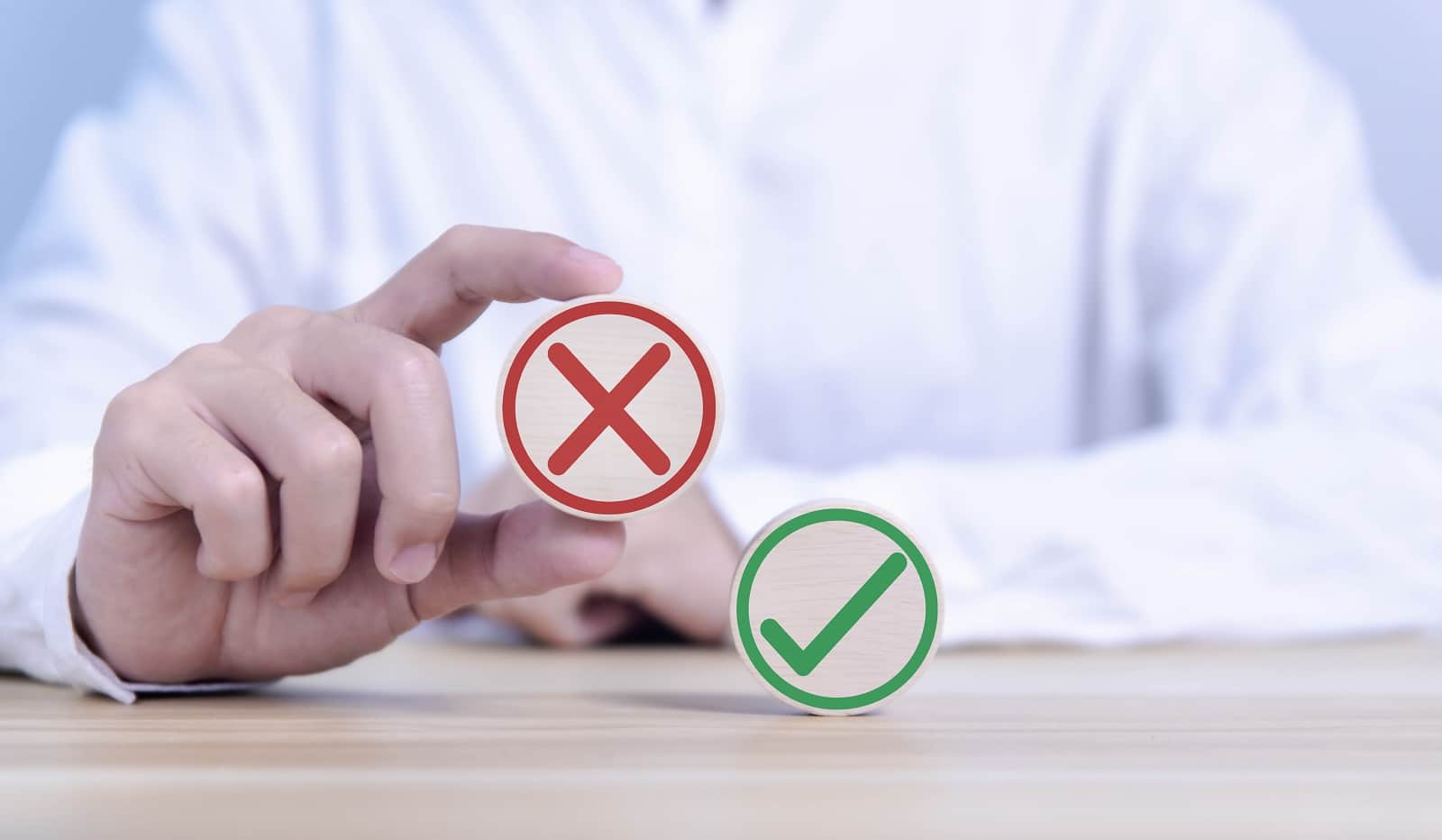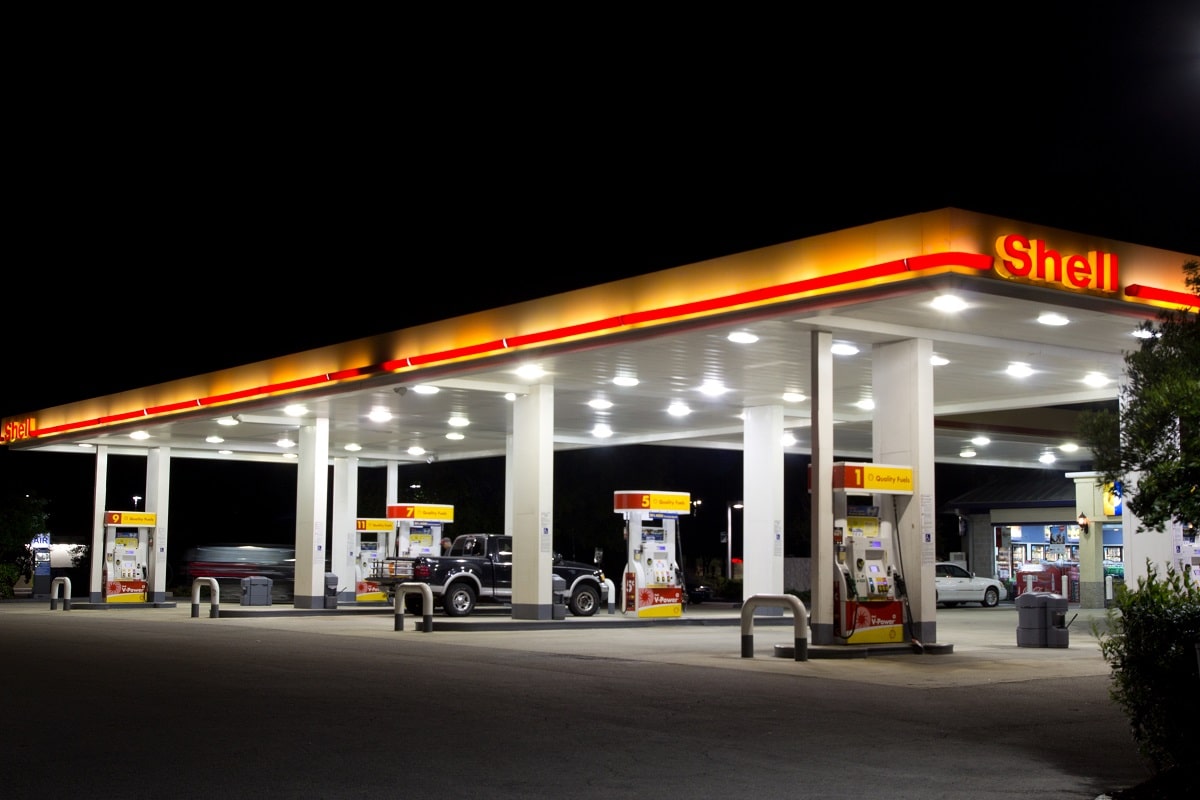The high court in London has ruled that thousands of people in rural Nigeria will be able to file human rights claims against Shell over chronic oil pollution in the Niger Delta. Here’s the story.
Important Environmental Ruling

Fossil fuel company Shell looks like it is headed toward hot water after the high court in London ruled in favor of more than 13,000 Nigerian farmers and fishermen. The court dictates that these people will be able to file legal claims against the company due to alleged environmental breaches in the Niger Delta.
A Breach of Human Rights

This week, Mrs Justice May ruled that these Nigerian villagers and their legal representatives could present a case that chronic oil pollution resulting from Shell’s operations in the region had breached their human rights to a clean environment.
Violating Charters and Constitutions

According to the court ruling, the level of pollution caused by Shell in this region was likely a breach of the Nigerian constitution and African charter on human and people’s rights. There is no limitation period for claims that can be made relating to this breach.
Ogale and Bille Communities

The villagers in question hail from the Ogale and Bille communities in the Niger Delta, a low-lying region of the country that sits on the Gulf of Guinea and contains the Niger River.
Shell Denies the Claims

Shell Plc, the British multinational oil and gas company, has denied it owes any compensation or duty of care to the villagers in the region concerning these oil spills.
Pointing to Its Subsidiary

It claimed that its Nigerian subsidiary, the Shell Petroleum Development Company of Nigeria (SPDC), had already compensated claimants and taken full responsibility for any oil spills. The company claimed it had cleaned up after spills and that all these things had been done under official Nigerian regulations.
No Spills Identified

They told the judge that the claimants in the case had not identified any specific spills that had caused damages and affected their livelihood, something the court had ordered.
A Significant Moment

The Nigerian claimants and their representatives have responded positively to the court ruling. Matthew Renshaw, a team partner at human rights law firm Leigh Days, called it “a significant moment in the eight-year battle by the Ogale and Bille communities to get Shell to take responsibility for the oil pollution that has blighted their land.”
“Repeated Attempts to Block the Claims”

Leigh Day represented the villages in court during this time and claimed that “Shell has repeatedly resorted to using technicalities to block and delay our clients’ claims. Under Nigerian constitutional law, Shell would no longer be able to argue it has no responsibility for the pollution because it took place more than five years ago.”
Moving Forward

Renshaw concluded the public statement, saying that the claimants “now hope to move without further delay towards a trial, where our clients’ claims for a full cleanup and compensation for the destruction of their way of life can be fully heard.”
“Theft Is the Problem”

But Shell plc has pointed to oil theft “on an industrial scale” as the major driver behind environmental pollution in the region. A Shell spokesperson referred it as “the cause of the majority of spills in the Bille and Ogale claims.”
Litigation Barely Helps

“We believe litigation does little to address the real problem in the Niger Delta: oil spills due to theft, illegal refining, and sabotage,” the spokesperson said. “With which SPDC is constantly faced and which causes the most environmental damage.”
Staying in Nigeria

The spokesperson concluded their statement affirming that Shell “has no plans to leave Nigeria.” Instead, the company will “reduce its involvement in onshore oil production in Nigeria while remaining in its deepwater and integrated gas positions in country.”
Preparations Begin

The ruling in their favor means that claimants can begin preparing for trial, with the first hearing likely to occur on 12 and 13 December.
Previous Positive Ruling

It is the next significant achievement for the Nigerian claimants in 3 years since the UK Supreme Court unanimously ruled that there was “a good arguable case” that parent company Shell plc is directly responsible for all pollution caused by the Nigerian SPDC.
The post Environmental Justice – Thousands of Nigerians to Sue Shell for Niger Delta Pollution first appeared on Wealthy Living.
Featured Image Credit: Shutterstock / Rob Wilson. The people shown in the images are for illustrative purposes only, not the actual people featured in the story.





